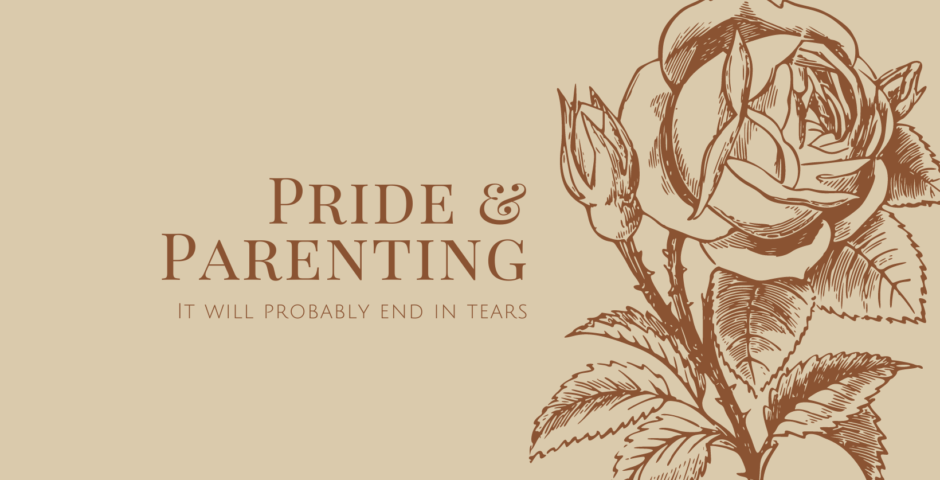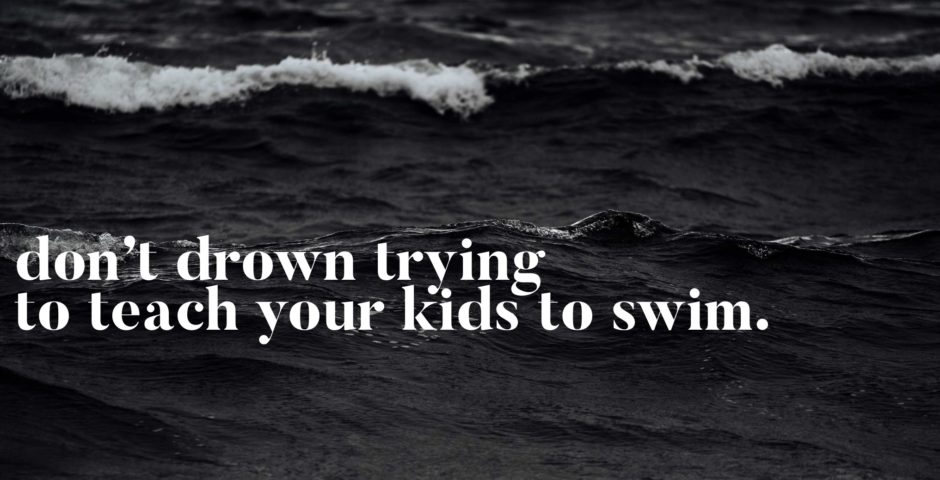I’m Terrified That My Daughters Will Identify With a Hashtag like #MeToo One Day
I’ve been sitting on this post for a week or better. The subject matter is one that people like myself – empaths – would much rather leave to our darkest imaginations than speak about, the risk being that the undesired event may come to pass. But if you’ve lived a day over 20, you know that refusing to speak about something does not guarantee its preclusion; and so it is with unease that I write about the hash tag #MeToo and all the sentiment surrounding it.
#MeToo has been trending online for close to two weeks now. The brain-child of Tarana Burke in 2006, Me Too was created to re-empower victims of sexual assault with their own voices and to let them know that they do not suffer alone in the face of this specific tragedy that so many women and girls are forced to carry silently. The hash tag went viral when Alyssa Milano encouraged all women and girls who had been victims of either assault or harassment to demonstrate the numbers simply using #MeToo. Many women went further by sharing harrowing stories of being assaulted by driving school instructors, relatives, co-workers, managers…essentially men that occupy the same spaces we do on a regular basis.
There is a misconception that the majority of rapes and sexually assaults are committed by strangers…some spooky man hiding in the bushes or behind a dumpster, waiting to attack hapless victims. The reality is far more sobering. 3 of 4 rapes is committed by someone known to the victim. A fair number of cell-owning teens (12–17) say they have received sexually suggestive nude/seminude images of someone they know via text. An estimated 60% of perpetrators of sexual abuse are known to the child but are not family members, e.g., family friends, babysitters, child care providers, neighbors.

In short, we need to invest just as much time – if not more – instructing our children about the possible dangers those familiar to us pose as we do ‘stranger danger’. It’s uncomfortable and unpleasant to imagine that your favorite wise cracking uncle/cousin could do anything to debase your child, but the proof is in the statistics. And as shocking as they are, they only tell part of the story. Many incidents of molestation go unreported for the fear of “tarnishing the family name” or for the sake of the perpetrator, who may have a family of his own. We must consider his wife and children and what they would endure, should uncle be sent to jail after all.
I have three daughters with three very different personalities. I don’t know which of these an abuser would find most ‘attractive’ and therefore attempt to exploit. Is it my shy, sweet girl? Is it my fearless wildling? What about the unrelenting smugness of the third? Already my eldest child has experienced street harassment (while at her school, no less!) when a passing man hurled suggestive obscenities at a group of her friends through the chain link fence on the playground. No surprise when she cussed him out so severely that her friends had to pull her back and hush her. I think I still owe her ice-cream for her response. It’s the way I would’ve responded, but it does not come without its dangers. A man with a frail ago would easily follow her after school, or return with his friends to teach such an impudent young girl a lesson, when he was in fact the instigator. God, I detest toxic, fragile masculinity.
Stats say that 1 in 6 American women been the victim of attempted or completed rape in her lifetime. In South Africa where we live now, an average of 110 people are raped every day, a number that includes a significant number of men. It was reported on SABC that South African men are raped at a rate five times that of the global average. Naturally, this makes me anxious for my son as well, and as he gets older, our conversations will certainly center on sensitivity to male victims of rape and molestation and how to show compassion and support for men/boys in his circle who have a diminished degree of separation from assault.
I worry, but what can I do?
Well, for one thing I can prepare my children by talking to them. I confided my fears in my friend, Lydia, who has “raised” younger cousins and who advised this:
“Make sure your children feel like they are safe to talk to you about anything. (How cliché, I retorted!) Demystify sex. Tell them about your own experiences and prepare them for the kinds of things men will say to lure them. Flattery is a powerful tool, and whether we like to admit it or not, we all enjoy that kind of attention at some point. But whatever they are feeling or are going through, they MUST feel secure in talking to you about it.”
It was sage advice, but it was good. Perhaps if this sort of advice had been dispensed a century or so ago, we might have lower numbers of assault today. Perhaps if our forebears had been more intentional about protecting victims and punishing perpetrators who abuse their power, authority and position, we might’ve mitigated the rates of assault. I ponder on these things because as I scrolled through my timeline, it nearly broke me to see #MeToo simply posted on the statuses of two women I adore, both in their 70s. It was a sobering reminder that the prevalence of assault has a long, enduring history, affecting those whom you might never expect and shudder to imagine having to endure such trauma. Yet another friend who’d also posted confided privately that though she did not share the details of her repeated assaults, posting #MeToo was one of the hardest things she’d ever done. That too was a sobering reminder that for all the thousands of stories that were shared, thousands more were not.
Still, I hold out hope that we are doing better by this next generation of girls, at least in this corner of the world. The other day, my son came home looking very self-satisfied. I asked him how his day was at school.
“Ugh. The bullies were really acting up today,” he said with the air of man who’d been fighting fires for 12 hours or better.
“Oh really? What happened?”
“This kid named Johan* was bothering all the girls. Hitting them and calling them names. I told him to stop because it wasn’t nice. I tried to stop him. One of the girls he was calling names was just minding her own business, and she went over to him and hit him back. Then all the girls hit him. Then he ran off.”
“Wow! I see! Did they get in trouble?”
“No,” he said. “Because it was after school anyways. It’s Johan’s fault. It’s like when you poke a beehive while the queen bee is making eggs and all the guard bees come out and attack you. Why would you do something so stupid? Bother the hive while the queen is making her eggs? What’s for lunch?”

Why indeed?
How did you react to #MeToo? Do you think the viral hash tag will make a difference in policy, advocacy or real life relationships? Discuss.




